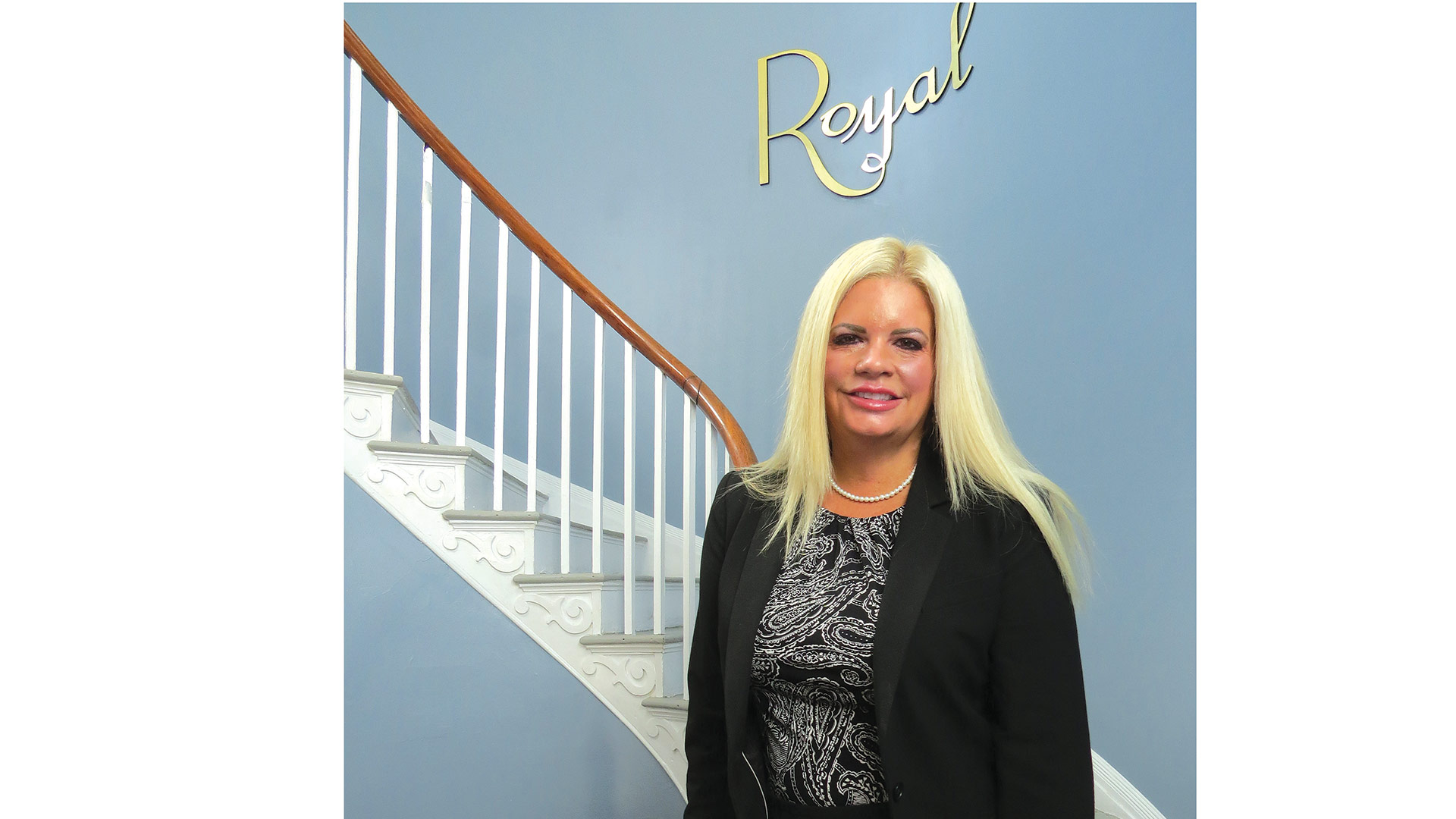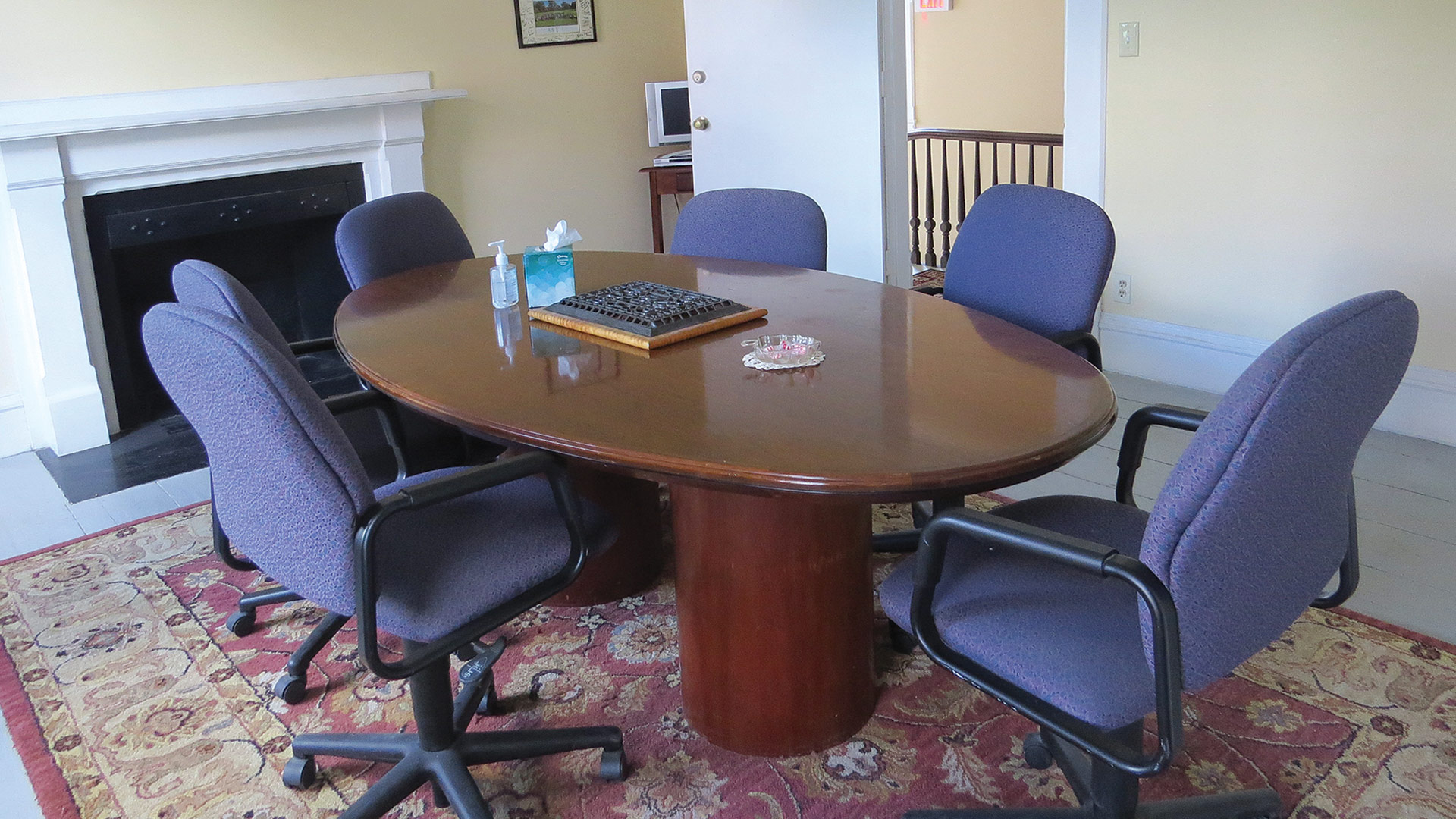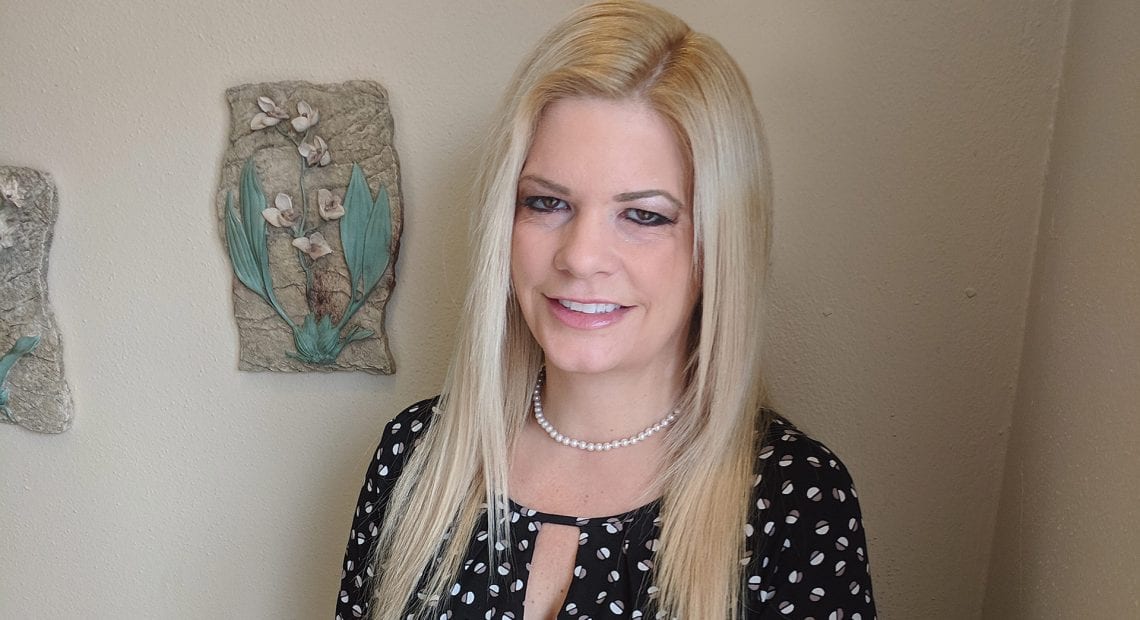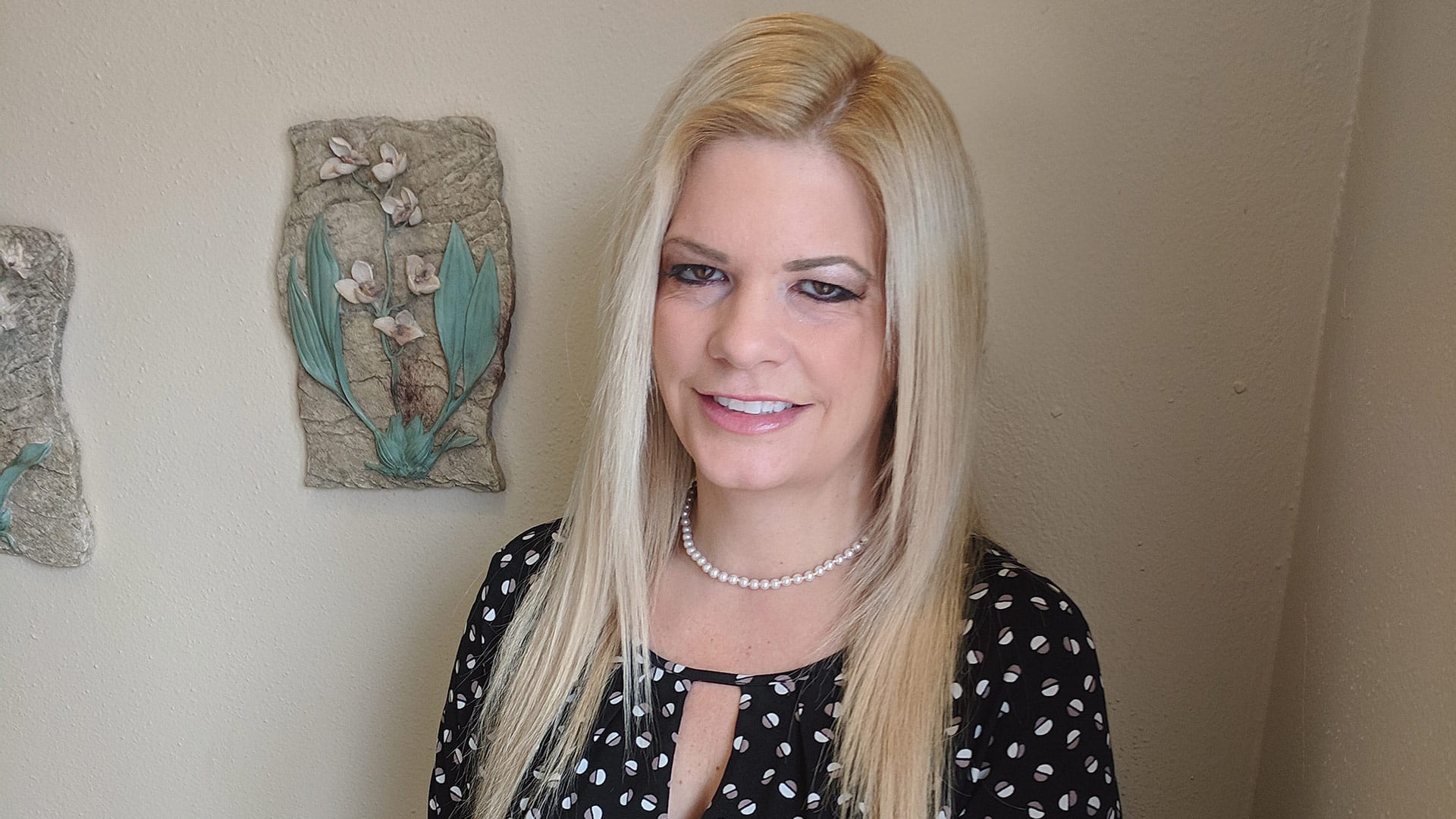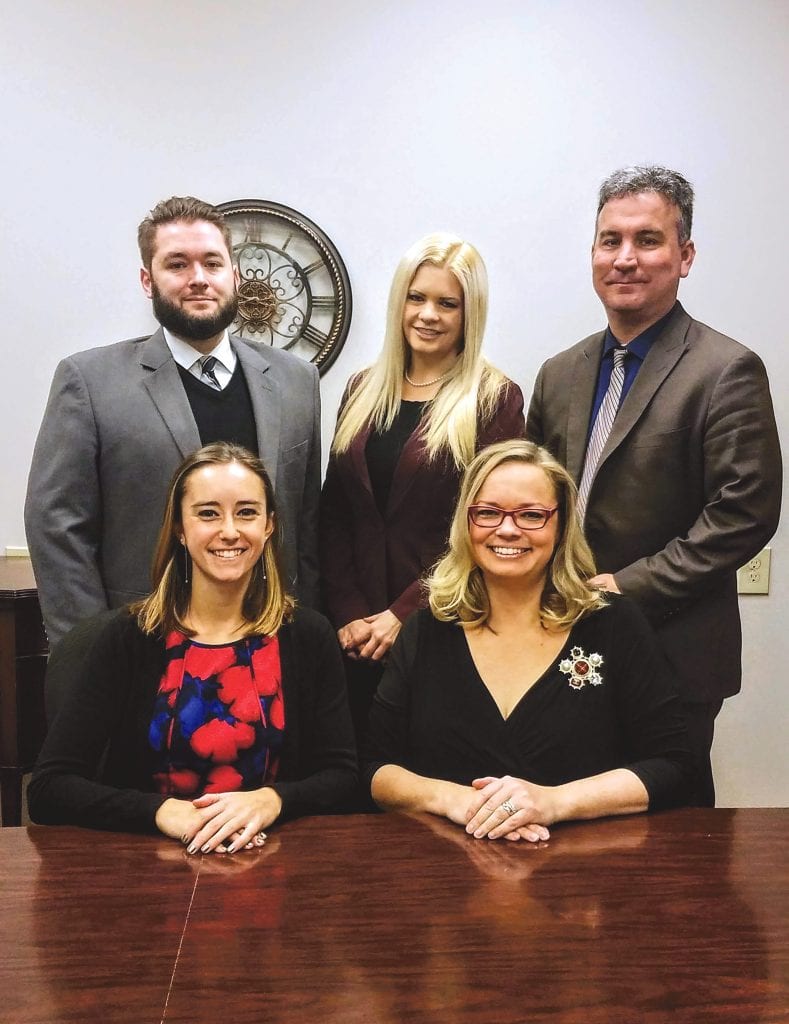Working in Concert

Managing Partner Seth Stratton with recently named Shareholder Andrea O’Connor.
“Non-traditional.’
That’s not a term you hear often in reference to a law firm. That’s because … well, the vast majority of them would still be considered the opposite — traditional, operating pretty much the way law firms have operated for decades now.
But Seth Stratton uses the word quite liberally as he talks about the firm he serves as managing partner, Fitzgerald Law, P.C., which is based in East Longmeadow but also has an office in downtown Springfield.
He says it applies to the firm’s founder and still very active partner, Frank Fitzgerald — “he’s always marched to a different beat when it comes to the practice of law; he’s a businessperson first and lawyer second” — and also how the firm’s members go about team building. Most recently, it was at a Bruno Mars concert at MGM Springfield (Stratton formerly served as vice president and legal counsel of MGM Resorts’ Northeast Group, and still had the requisite connections to buy 40 seats to the show), preceded by some bowling in the casino’s alleys.
That term also applies, to one degree or another, to how the firm is expanding, adding lawyers, and even making them partners.
Indeed, Andrea O’Connor, a bankruptcy and insolvency specialist who joined the firm in 2020 (not long before Stratton left MGM and rejoined Fitzgerald), was recently made a shareholder, continuing a pattern of growth and what Stratton called “re-invention.”
“More people have gotten involved as shareholders in the firm,” he explained. “And we’ve also been bringing in mid-career lawyers who have considerable experience and a lot that they can bring to the firm. We’re bringing people in non-traditionally to grow our firm, and as we grow, we’ll talk out ownership opportunities in the firm.”
The addition of O’Connor, as well as Christina Turgeon, another bankruptcy specialist formerly in solo practice, and Daryl Johnson, who specializes in everything from commercial lending to zoning, further diversify a firm focused mostly on business advisory work, said Stratton, noting that it handles a wide array of legal issues, including commercial real-estate development, acquisition, and sale; zoning, permitting, and licensing; and business succession and estate planning.
Bankruptcy and restructuring are now part of that mix, and an important part, he said, because, while the economy remains strong and bankruptcies have generally been on the decline in recent years, businesses do fail, and such work is part of providing the full range of services that businesses might need.
“We’re trying to figure out a model that allows us to capitalize on talent but not be wed to a traditional law-firm model. We are a little different, and we think this is what many of our clients like about us.”
Meanwhile, there are few firms in this region that have such expertise, he went on, adding that this is a key component of the firm’s overall growth strategy.
As he talked about that strategy, Stratton said the broad plan is to continue to grow and diversify the firm — it has added several new lawyers over the past few years and now boasts 10 attorneys and five partners — and take its expertise to different markets.
The Fitzgerald firm has opened a satellite office in Worcester, he noted, enabling it to better serve clients and potential clients in that part of state, and O’Connor and other attorneys in the firm are serving a growing number of clients in Boston and other metropolitan areas, as clients take advantage of the firm’s deep portfolio of services — and at Springfield-area rates.
Overall, Stratton said the firm is still trying to determine the “sweet spot” when it comes to the desired size of the firm, and hinted strongly that it will essentially know what that size is when it gets there.
In the meantime, it will continue to look for opportunities to add some rock stars to the roster and continue to grow and diversify in a way that could, indeed, be called ‘non-traditional.’
Additions of Note
O’Connor told BusinessWest that she would consider her own career path non-traditional.
She started with the Springfield-based firm Hendel & Collins, which specializes in bankruptcy and related work, after graduating from law school. After six years there, she left to serve as a clerk for the bankruptcy court.
She then returned to the firm, which became Hendel, Collins & O’Connor, P.C. While her partners eventually started winding down their practices, she was looking to take hers to the next level. The question was … where?
She said she had a number of options, but eventually decided to join the Fitzgerald firm in August 2020, the height of the pandemic.
“I started my last firm when I was eight months pregnant, so I make bold choices sometimes,” she said with a laugh. “But when the opportunity comes, you have to seize it; it was a huge opportunity for me to come here and work with this team.”
Fitzgerald has been creating such opportunities for other mid-career lawyers, said Stratton, adding that the traditional path that lawyers took for years — one where they would join a firm as an associate; make partner after six, seven, or eight years; get a bigger office; and stay with that firm for the next several decades — is increasingly not the norm.
Especially at Fitzgerald, a firm that was founded in 1992.
“There is a sweet spot in terms of size, and we’re all trying to figure out what it is.”
“We’re trying to figure out a model that allows us to capitalize on talent but not be wed to a traditional law-firm model,” said Stratton, who was on the partnership track at a large regional law firm but ultimately rejected that path and left for Fitzgerald and ultimately returned to it after a six-year stint with MGM that eventually saw him become the face of the casino. “We are a little different, and we think this is what many of our clients like about us.”
And when he returned, as managing partner, he continued and accelerated that process of reinvention, adding that it involves expansion and diversification of the firm, while focusing on what it does well.
Elaborating, he said the firm moved on from the work it was doing in such areas as family law and personal injury, and focused all its talent and energies on serving businesses and their families in all the ways they need to be served, including areas such as bankruptcy and insolvency.
Work in that realm has been relatively slow in recent years, said O’Connor, adding that an expected surge — or wave, or tsunami — of personal and business bankruptcies, one that would accompany an end of COVID-related relief efforts, has yet to materialize, and now there are doubts that it will.
“We’ve had a really good economy for a very long time,” she told BusinessWest, adding that the high-water mark for bankruptcy work came at the height of the Great Recession, some 15 years ago, and has been fairly tepid ever since, to the point where she believes fewer people are entering this specific specialty.
But there is always work in this realm, she said, adding that most of hers involve businesses in distress. Recently, she was appointed a Chapter 7 panel trustee in Connecticut, administering bankruptcy cases, primarily in New Haven, but also in Bridgeport and Hartford.
This additional focus on bankruptcy and insolvency enables the firm to better navigate the cyclical nature of the economy, said Stratton, adding that it also helps separate it from many competitors.
“This allows us to be more diversified and recession-proof in our own business,” he explained. “When the economy is good, the bread and butter of our business — transactional work, real-estate development work, loans and financing — is busy. When the economy goes in the other direction, some of that work dries up, but then, bankruptcy and insolvency work picks up, so it allows us to diversify.”
The recent staff additions to the firm have enabled it to get both younger and more gender-diverse, said Stratton, adding that he anticipates this growth pattern to continue in the years to come.
“I expect that the approach we’ve taken over the past two years will continue over the next several years,” he said. “But there is a sweet spot in terms of size, and we’re all trying to figure out what it is. We want to have enough lawyers to service the business, without growing too big to where we take on additional overhead, which pushes rate structures higher and you feel less competitive with clients.
“We don’t know what that sweet spot is yet,” he went on, “but we will find it.”
Bottom Line
Getting back to the Bruno Mars concert, Stratton said he still has a few MGM employees on speed dial who were able to make it happen.
The concert, bowling, and dinner in the sports bar before the show was a decidedly different course for the firm’s annual summer outing, and one that provided another example of how Fitzgerald is different and — here comes that word again — non-traditional.
Thus far, that character trait is serving it well, and Stratton and his growing team are committed to staying on this course moving forward.
Where it will take them is a question to be answered later — when they find that aforementioned sweet spot. For now, it’s a path toward continued growth and diversity, in every sense of that word.






